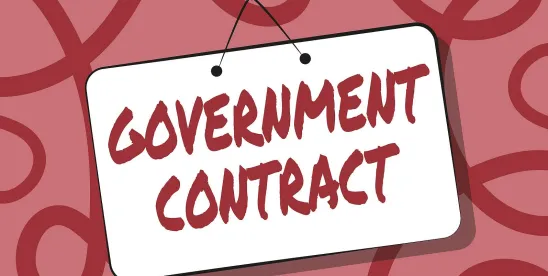In Tri-State Insur. Co. of Minn. a/s/o Campus Chalet, Inc. v. East Tennessee Sprinkler Company, Inc., the Court of Appeals of Tennessee recently addressed whether the state’s four-year statute of repose could shield a contractor from liability in 2020 where the initial construction project was completed in 1992. The court found that the trial court improperly granted the contractor a motion to dismiss on its statute of repose defense because the owner’s complaint properly pled breach claims arising out of a separate ongoing maintenance agreement between the parties.
East Tennessee Sprinkler Company, Inc. (ETS) installed a sprinkler system at Campus Chalet in 1992. Campus Chalet also contracted on an ongoing basis with ETS to inspect, repair, and maintain the sprinkler system. A waterline in the sprinkler system burst in 2020, damaging Campus Chalet’s property.
Tri-State Insurance Company of Minnesota, Campus Chalet’s insurer, filed a complaint against ETS. The complaint alleged negligence and breach of contract, specifically claiming that ETS had failed to properly inspect, test, and maintain the sprinkler system since its installation. Tri-State argued that the proximate cause of the sprinkler line burst was improper sloping, a condition that ETS should have identified and corrected through its ongoing maintenance work.
ETS responded by moving to dismiss the case, citing Tennessee’s four-year statute of repose. This statute generally bars claims arising from the design, planning, supervision, observation of construction, or construction of improvements to real property after four years from substantial completion of the improvement. ETS argued that the claims were time-barred because they related to the original installation of the sprinkler system. Tri-State countered that its claims were based on ETS’s continuing obligations to inspect and maintain the system. The trial court sided with ETS, granting the motion to dismiss on the grounds that the claims were time-barred under the statute of repose.
The Court of Appeals of Tennessee reversed the trial court’s decision. The appellate court emphasized that, when reviewing a motion to dismiss, it must construe allegations in the complaint liberally and give the plaintiff the benefit of all reasonable inferences. The appellate court reasoned that a plain reading of the complaint revealed “that the essence of Tri-State’s allegations arise out of ETS’s ongoing maintenance of the system,” which ETS performed “deficiently in years following the sprinkler system’s initial installation.”
The Court of Appeals of Tennessee remanded the case to the trial court for further proceedings. While Tri-State survived the motion to dismiss, that does not necessarily mean it has escaped the statute of repose. If the facts bear out that Tri-State’s claims arose from the initial sprinkler construction contract, ETS may assert the statute of repose defense on a motion for summary judgment or at trial.
A copy of the court’s entire decision can be found here. A video of the arguments on appeal can be found here.




 />i
/>i
